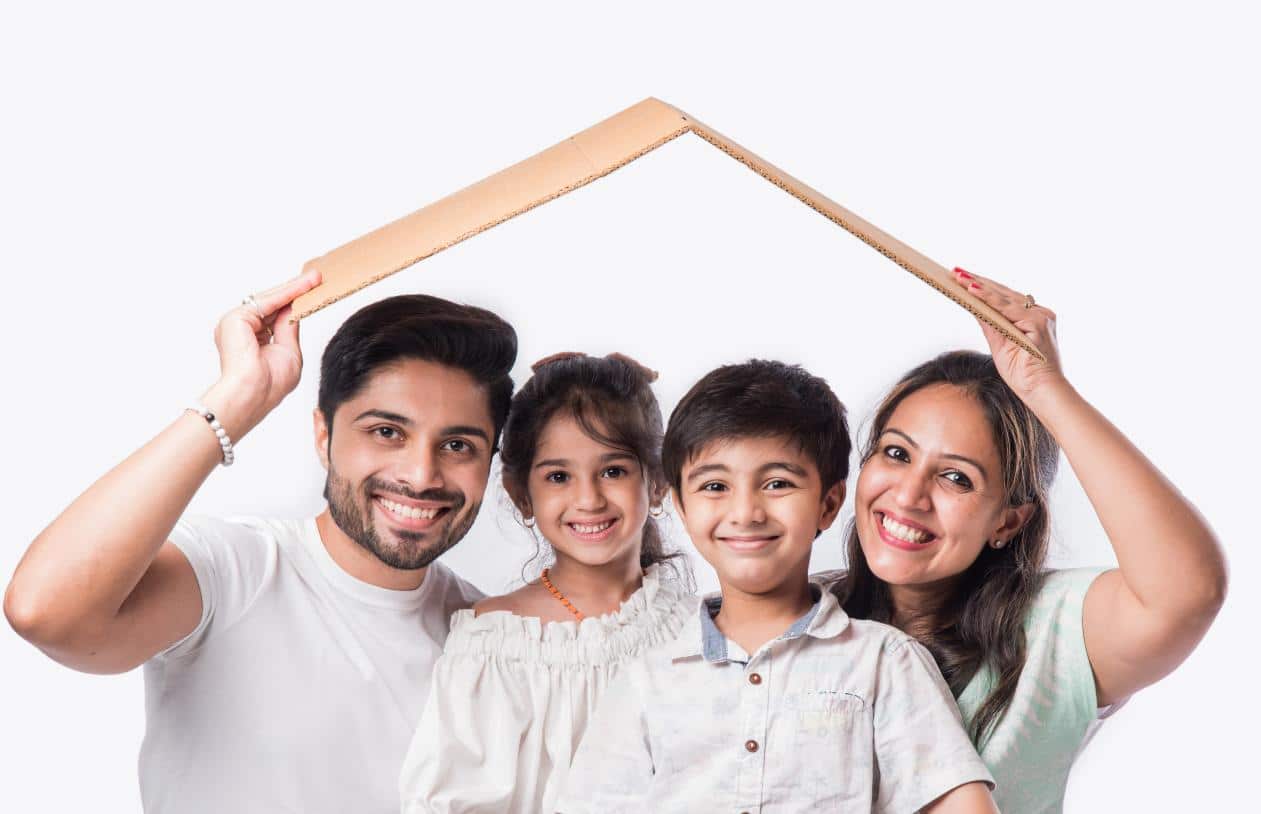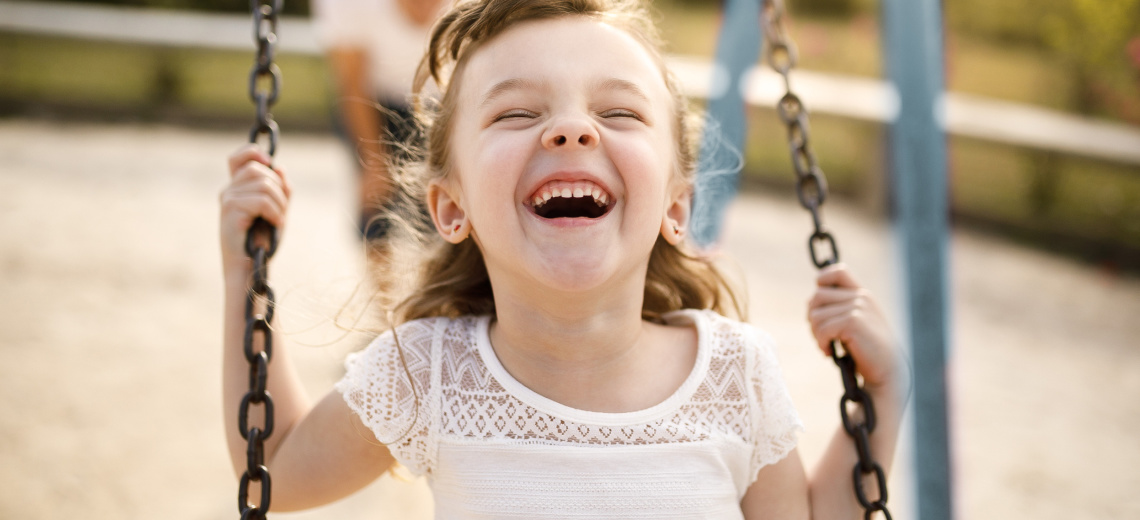What Does Gender-Neutral Parenting Look Like Globally?
Gender-neutral parenting globally emphasizes breaking away from traditional gender norms, promoting equality, and creating accepting environments. In Sweden, equality and parental involvement are key. India reshapes family dynamics, while Canada focuses on gender-fluid parenting. The Netherlands is known for LGBTQ+ inclusivity, Japan for gender-neutral toys, France for unisex clothing, Australia for gender-neutral language, and Iceland for co-parenting equality. These practices reflect a move towards inclusive and diverse environments allowing children to explore their identities freely.
Key Takeaways
- Emphasis on equality and challenging gender norms in Sweden.
- Non-binary parenting in India reshaping family dynamics.
- Gender-fluid parenting in Canada promotes acceptance and exploration.
- LGBTQ+ inclusivity in the Netherlands challenges traditional roles.
- Japan shifting towards gender-neutral toys and inclusive marketing.
Gender-Neutral Parenting in Sweden

Gender-neutral parenting in Sweden has gained significant attention for its promotion of equality and challenging traditional gender norms within family dynamics. Parental involvement in child development is emphasized, with a focus on breaking away from societal expectations based on social norms and gender stereotypes.
Research indicates that Swedish parents engage in activities with their children regardless of traditional gender roles, encouraging both boys and girls to explore a wide range of interests without limitations imposed by stereotypes.
Studies have shown that this approach has positive effects on children’s development, fostering independence, empathy, and a more expansive view of their capabilities.
By avoiding gender-specific toys, clothes, and activities, Swedish parents aim to create an environment where children are free to express themselves authentically, unconstrained by societal expectations.
Ultimately, this style of parenting challenges the notion that certain behaviors or interests are inherently linked to gender, promoting a more inclusive and equitable society for future generations.
Non-Binary Parenting Practices in India

In India, emerging non-binary parenting practices are reshaping traditional family dynamics and challenging societal norms surrounding gender roles and child rearing. Gender neutral celebrations and non-binary holidays are becoming more prevalent as parents seek to create inclusive environments for their children. This shift towards non-binary parenting is also influencing educational practices, with a growing emphasis on inclusive education that acknowledges and respects diverse gender identities.
In Indian non-binary parenting, there’s a conscious effort to instill values of acceptance and understanding of diverse traditions. Parents are encouraging their children to embrace a wide range of gender expressions, fostering an environment where individuality is celebrated. By incorporating non-binary holidays into family traditions, parents are promoting a more inclusive and accepting society.
Gender-Fluid Parenting in Canada
Amidst evolving societal attitudes towards gender identity, gender-fluid parenting practices in Canada are gaining traction as parents navigate ways to raise children in an inclusive and supportive environment.
Parental support plays an essential role in gender-fluid parenting, with parents actively educating themselves on gender diversity, challenging traditional gender norms, and providing unconditional love and acceptance to their children regardless of their gender expression.
Community involvement is another key aspect of gender-fluid parenting in Canada. Many communities offer support groups, educational resources, and inclusive spaces where parents and children can connect with others who share similar experiences. These community initiatives not only provide a sense of belonging but also help in normalizing and celebrating gender diversity within society.
Through a combination of parental support and community involvement, gender-fluid parenting in Canada is helping children explore their gender identity authentically and without fear of judgment. This approach fosters a nurturing environment where children can grow up feeling accepted and empowered to express their true selves.
LGBTQ+ Inclusivity in the Netherlands
In the Netherlands, LGBTQ+ rights are well-established, contributing to an environment that promotes gender-neutral parenting practices.
The country’s cultural acceptance and celebration of diversity have paved the way for inclusive policies and societal attitudes towards non-binary and gender-fluid individuals.
This inclusive approach not only benefits LGBTQ+ parents but also fosters a more accepting and diverse society for all families.
LGBTQ+ Rights in Netherlands
The Netherlands has been globally acknowledged for its progressive stance on LGBTQ+ rights and inclusivity. With respect to LGBTQ+ adoption, legal challenges have been addressed to guarantee equal rights for LGBTQ+ individuals. The country has made significant strides in legalizing adoption by same-sex couples, providing them with the opportunity to start families and offer loving homes to children in need.
Regarding LGBTQ+ education, the Netherlands has implemented curriculum changes to promote inclusivity and diversity in schools. These changes aim to create a more supportive environment for LGBTQ+ students, educating all children about different sexual orientations and gender identities.
Gender-Neutral Parenting Practices
In the domain of gender-neutral education, Dutch parents are increasingly embracing strategies that encourage children to explore their identities without being constrained by societal expectations. This approach isn’t only localized but also reflects broader global perspectives on inclusive parenting.
Within family dynamics, gender-neutral parenting in the Netherlands involves challenging traditional gender roles and providing children with a more open and diverse environment to express themselves.
By incorporating LGBTQ+ inclusivity into parenting practices, Dutch families are actively contributing to societal norms that are more accepting and diverse.
Through gender-neutral parenting, the Netherlands is fostering an environment where children are encouraged to be themselves irrespective of traditional gender binaries.
Cultural Acceptance and Diversity
Cultivating an environment of cultural acceptance and diversity in the Netherlands involves actively incorporating LGBTQ+ inclusivity into parenting practices, contributing to a more inclusive and equitable societal landscape. In the Dutch context, cultural norms and parenting styles have evolved to embrace LGBTQ+ inclusivity, reflecting the progressive attitudes prevalent in the country.
Community support plays a pivotal role in fostering this inclusivity, with various organizations and support groups advocating for LGBTQ+ rights and visibility in parenting. Educational resources also play an essential role in promoting LGBTQ+ inclusivity in parenting. Schools in the Netherlands often incorporate diversity and inclusivity education into their curricula, helping children understand and respect different family structures, including those with LGBTQ+ parents.
Gender-Neutral Toys in Japan
In Japan, toy store displays are gradually shifting towards a more gender-neutral approach, with some stores opting for mixed aisles rather than strictly dividing toys by gender.
Marketing strategies in Japan are also starting to reflect a move towards inclusivity, with a few companies focusing on creating gender-neutral advertising campaigns.
Parental attitudes towards gender-neutral toys seem to be evolving positively, with more parents in Japan expressing openness towards allowing their children to choose toys based on personal preference rather than societal gender norms.
Toy Store Displays
When browsing through toy store displays in Japan, you may notice a shift towards featuring more gender-neutral toys, reflecting a growing trend in the market.
Toy stores are increasingly embracing gender-neutral playtime by offering a wider range of toys that aren’t limited to traditional gender stereotypes. The emphasis is on inclusivity, with toy store diversity expanding to cater to a broader audience.
In Japan, this shift is accompanied by inclusive advertising campaigns that promote gender-free marketing, encouraging children to explore various types of toys without the constraints of societal expectations.
This change in toy store displays is a response to the evolving attitudes towards gender roles and the recognition of the importance of allowing children the freedom to choose toys based on their interests rather than predetermined gender norms.
Marketing Strategies
Toy stores in Japan strategically implement marketing strategies to promote gender-neutral toys, aligning with the cultural shift towards inclusivity and diversity in toy choices for children. In embracing this trend, many stores leverage the power of social media to reach a broader audience and showcase their gender-neutral toy offerings. Platforms like Instagram and Twitter serve as essential channels for toy stores to engage with parents looking for non-binary options for their children.
Moreover, influencer partnerships play a significant role in the marketing of gender-neutral toys in Japan. Collaborating with influencers who promote inclusivity and diversity can help toy stores amplify their message and reach a more diverse customer base. By partnering with influencers who resonate with their values, toy stores can effectively communicate the benefits of gender-neutral toys and create a positive impact on consumer perceptions.
Parental Attitudes
Parental attitudes towards gender-neutral toys in Japan reflect a growing acceptance and openness to diverse toy choices for children. In a society traditionally rooted in gender-specific roles and expectations, parents are increasingly challenging societal norms by opting for toys that break away from traditional gender stereotypes.
Japanese parents are recognizing the importance of providing children with a variety of toys that cater to diverse interests and skills, rather than limiting them based on outdated gender norms. By embracing gender-neutral toys, parents are fostering an environment that allows children to explore their preferences without being constrained by societal expectations.
Research suggests that exposing children to a wide range of toys can positively impact their cognitive and social development. By encouraging play that isn’t limited by gender stereotypes, parents in Japan are supporting their children’s holistic growth and challenging conventional views on childhood development.
This shift in parental attitudes signifies a progressive approach towards promoting gender equality and individuality among the younger generation.
Unisex Clothing in France

Unisex clothing has gained significant popularity in France as a reflection of shifting societal attitudes towards gender expression. French fashion, known for its elegance and innovation, is embracing gender-neutral fashion trends by blurring traditional gender norms in clothing design. This shift towards unisex clothing in France isn’t merely a passing trend but a response to a growing demand for inclusive and diverse fashion options.
Designers in France are increasingly creating collections that cater to individuals who prefer clothing that isn’t confined by traditional gender distinctions. By offering garments that are versatile and suitable for all genders, the French fashion industry is challenging stereotypes and promoting a more inclusive society.
The rise of unisex clothing in France signifies a broader movement towards breaking down gender barriers in fashion and beyond. This trend not only allows individuals to express themselves more freely but also contributes to a more progressive and accepting society where diversity is celebrated.
Gender-Neutral Language in Australia

France’s embrace of unisex clothing trends reflects a global shift towards gender-neutral practices, a movement that’s also evident in the promotion of gender-neutral language in Australia.
In Australia, the advocacy for gender-neutral language extends beyond personal interactions to encompass various societal aspects. Gender-neutral education initiatives have been implemented to create inclusive workplaces and educational environments. Pronoun usage is a key focus, with efforts to introduce gender-neutral pronouns such as ‘they/them’ in official documents and everyday conversations. This shift aims to respect individuals of all gender identities and foster a more inclusive society.
Moreover, within family dynamics, there’s a growing recognition of the importance of using gender-neutral language to avoid reinforcing traditional gender stereotypes. By adopting gender-neutral language practices, Australia is taking significant steps towards creating a more equitable and accepting society for all individuals, regardless of their gender identity.
Co-Parenting Equality in Iceland
In Iceland, the concept of co-parenting equality is deeply ingrained in societal norms and practices, reflecting a progressive approach towards shared parental responsibilities. The country’s emphasis on gender equality extends to the domain of parenting, where initiatives such as co-parenting workshops play a vital role in promoting equal participation from both parents in raising children.
These workshops provide a platform for parents to learn about effective communication, shared decision-making, and how to navigate traditional gender roles within the family dynamics.
One significant policy contributing to co-parenting equality in Iceland is the implementation of shared parental leave. This policy allows both parents to take time off work to care for their child, promoting a more balanced division of caregiving responsibilities.
Frequently Asked Questions
How Do Cultural Beliefs Impact Gender-Neutral Parenting?
Cultural influences shape parental responsibilities regarding gender-neutral parenting. Beliefs dictate norms and expectations, impacting child-rearing practices. Understanding these influences is essential in promoting a more inclusive and equal environment for children to develop their identities freely.
Are There Specific Challenges Faced by Gender-Neutral Parents in Each Country?
Understanding societal expectations can pose challenges for gender-neutral parents in each country. Parenting styles may clash with entrenched gender stereotypes, impacting family dynamics. Grasping these unique challenges globally is essential for fostering inclusivity.
What Role Do Schools Play in Promoting Gender-Neutral Parenting?
Schools influence gender-neutral parenting by promoting inclusive curricula and providing parent education. They play a crucial role in challenging stereotypes and fostering a supportive environment. Educating parents on gender diversity helps create more accepting and understanding communities.
How Do Different Healthcare Systems Support Gender-Neutral Families?
In various healthcare systems, access to tailored services and parental support is essential for gender-neutral families. Providing inclusive care, education, and resources can help address the unique needs of such families and promote overall well-being.
What Are the Legal Protections for Gender-Neutral Parents Worldwide?
You must be aware of legal rights relating to gender-neutral parenting. Laws vary globally, but many countries provide discrimination protection. Research these laws to guarantee your family is legally supported and protected.
Conclusion
To sum up, gender-neutral parenting practices vary globally, reflecting diverse cultural norms and values.
From Sweden’s emphasis on gender equality to Canada’s embrace of gender-fluidity, parents around the world are challenging traditional gender roles and stereotypes.
By creating more inclusive environments for children to explore their identities freely, these global examples of gender-neutral parenting are paving the way for a more accepting and diverse society.

Chad Adan Kace, a young dad from Vermont, shares his parenting journey with a touch of humor and lots of love. Father to a lively baby, he explores the joys and challenges of fatherhood through his stories.







